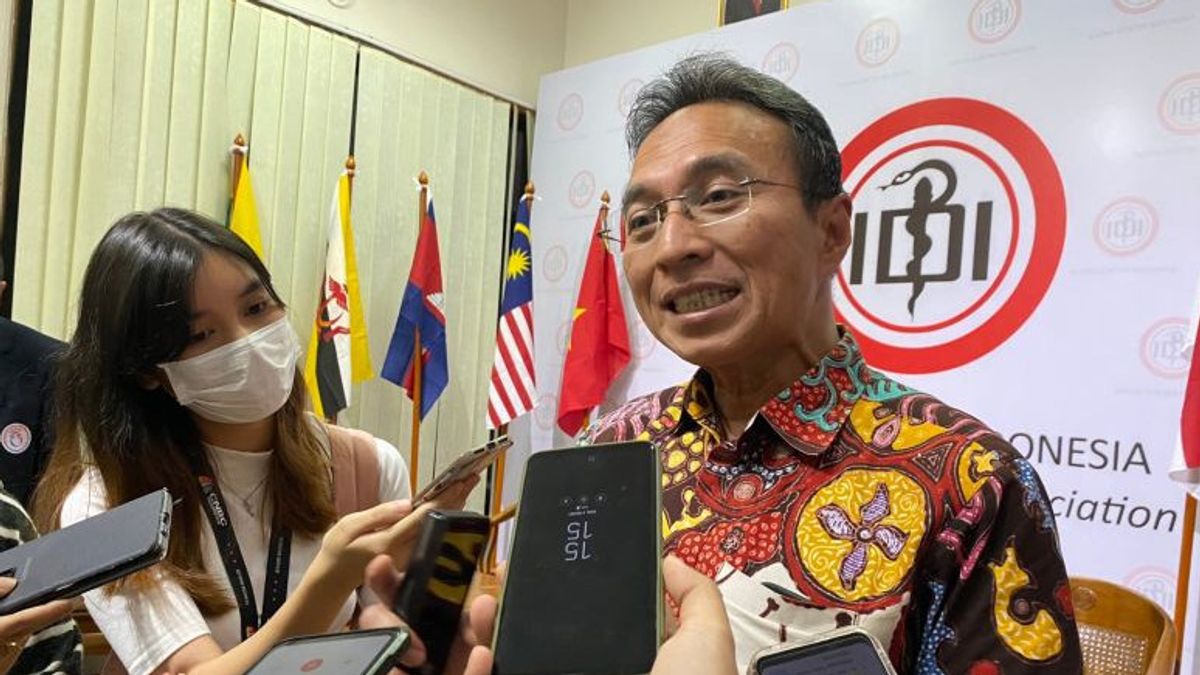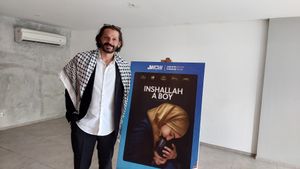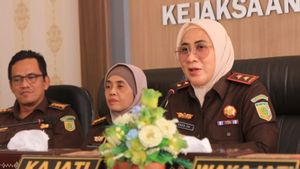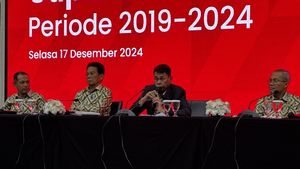JAKARTA - Early and active child health checks to health care centers to prevent deaths due to diabetes mellitus need to be carried out. Chairperson of the Indonesian Pediatrician Association (IDAI) Piprim Basarah Yanuarso encouraged the public to actively check this.
"As many as 90 to 95 percent of cases of diabetes experienced by children are of type one due to the pancreas not being able to produce the insulin hormone. Therefore, a comprehensive approach is needed to achieve zero deaths from diabetes in children," he said in a media discussion monitored in Jakarta, Saturday. Piprim said many type one diabetes mellitus patients who come to the hospital in an emergency because they experience diabetic ketoacidosis. That situation can be prevented or eliminated if parents report early on the illness experienced by their children. Concern for health needs to be improved to treat diabetes. Meanwhile, Head of the Change Diabetes in Children (CC) Safe Bhakti Pulungan said diabetes is a common chronic disease in children and adolescents. The prevalence rate continues to increase over time.
VOIR éGALEMENT:
According to data from the International Diabetes Federation (IDF), reported by ANTARA, Saturday, November 11, the prevalence rate of type one diabetes in children and adolescents aged 0 to 19 years amounted to 1.2 million people in 2021 and increased to 1.52 million people in 2022. The number of new cases per year diabetes mellitus type one in children and adolescents also grew from 184,100 cases in 2021 to 201,000 cases in 2022. Epidemiologically, the prevalence of type one diabetes in Indonesia increased significantly. In fact, the original prevalence is predicted to be higher than the existing data. In 2000, the prevalence rate for type one diabetes was only 0.004 per 100 thousand children. In 2010, the figure increased slightly to 0.028 per 100 thousand children. However, in 2023, the prevalence rate shot 70 times to 2 per 100 thousand children. "The problem that hinders diabetes services is socio-economic. BPJS insurance bears it, but BPJS has not covered the blood sugar split and does not bear the examination," said Aman. "This high cost, high insulin is certainly covered, but services have not been covered, especially routine daily blood sugar checks," he added.
The English, Chinese, Japanese, Arabic, and French versions are automatically generated by the AI. So there may still be inaccuracies in translating, please always see Indonesian as our main language. (system supported by DigitalSiber.id)
















